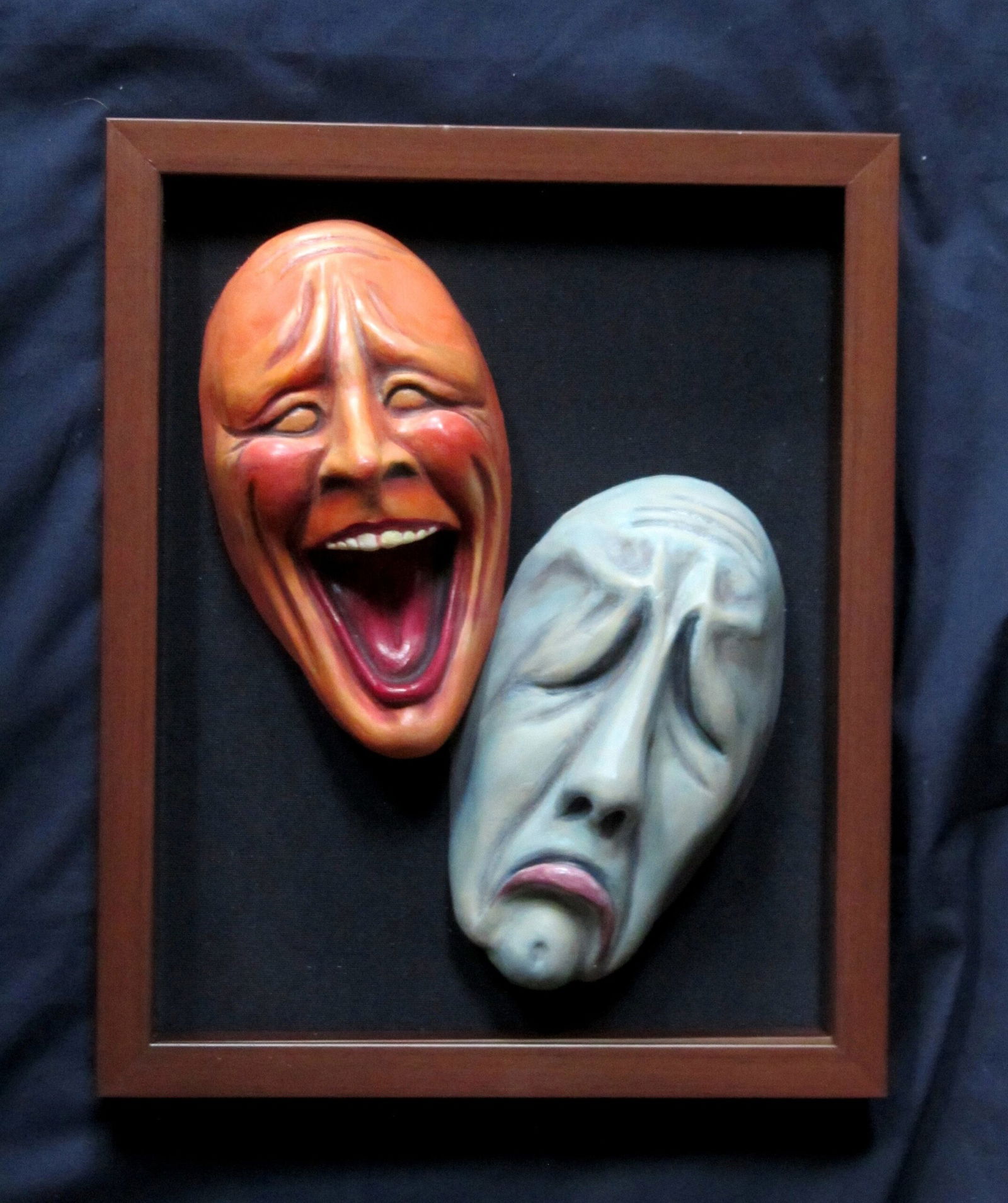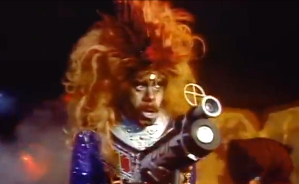Every stand up comedian must eventually test new material to find out if a joke gets a laugh or the roar of silence (which can be very loud!) So here are a few things to keep in mind.
Make Sure It’s a Joke
One of the fundamentals that I teach in my stand up comedy classes is that a joke has a very specific structure: It must contain two interpretations of one thing at its center or… it’s not a joke. Those aren’t my rules; that’s just how the human mind works.
But it’s amazing how many stand-up comedians don’t know that. Sometimes I’ll drop in and watch a stand-up comedy open mic and I’m noticing, “that’s not a joke” … “that’s not a joke” … “that’s a premise” … “Oh, THAT’S a joke!” and sure enough, it gets a laugh. So, the first step in determining if a joke works: Make sure it’s a joke! And that includes tags. If they’re not in joke structure, they’re not jokes.
Trust Yourself
If you think it’s funny, then put it out there. If it doesn’t get a laugh, rearrange it, play with it, and keep putting it out there. Because if it has joke structure–and you think it’s funny–there might be some adjustment that can make it work.
People ask me all the time: “What’s funny?” And I absolutely don’t know. Nobody knows! They asked the creators and writer of South Park, Trey Parker and Matt Stone, “How do you know it’s funny?” and they said, “We don’t know what’s funny. We only know what we think is funny”. They just write what makes them laugh and a bunch of people love their show, and another bunch of people think they’re Satan.
So, remember you’re not going to please everybody, and you will offend some people if you write and perform jokes. That’s why I never answer the question about whether a joke is funny or not. I’ll tell you whether it’s a well-structured joke, or if it’s well-written because those are the technical aspects I can help you straighten out. But “funny” comes down to personal opinion. It’s like asking somebody “what’s good music?” or “what’s good food?” … by what criteria?
There are a lot of different answers to those questions and everything is personal. So, first and foremost trust yourself over anyone else.
Test Jokes on a Real Audience
By “real audience”, I mean a group of people that is actually listening to you. When you go to a new stand-up comedy open mic, evaluate carefully whether people are listening to the stand up comedians on the stage, or if they’re working on their own material or playing on their phones.
If they are listening, you can get a good read on your material, but if they’re not, just rant, or riff, or do something for yourself because you’ll only get discouraged. When people are paying attention, you can get an honest read, and you’ll know immediately whether the joke gets a laugh or the roar of silence. (If you’re not sure how to go about ranting/riffing we teach these skills in our stand up comedy classes too).
Do Not Test Your Joke On
- Your friends and family. God love ‘em, friends and family don’t make the best audiences, because often, what they think you want is criticism. And they will criticize the joy right out of that joke! Beware of taking a joke to your inner circle until it’s been tested elsewhere.
- Other stand up comedians: Your fellow comedians have often taken years and years to find out what makes them funny, so that’s sort of all they know. And because all their styles are completely different, comedians tend to give varied opinions on what’s funny, and that can be confusing. But what was funny for Andy Kaufman was not funny for Steven Wright, or for Richard Pryor. That’s why I don’t let people in the class give their opinions because one person will say “I think that’s good” and someone else will say “I’m offended” by the exact same joke! By the end of the class, the student can be overwhelmed by so many differing opinions.
Over time you’ll get better at guessing which new jokes are funny, yet you’ll still miss. If you’re fortunate, you may find another stand-up comedian who knows and understands your scene of humor that you can rely on to help fine-tune your show. Yet, above all trust your own sense of humor, after all, you’re the one going on stage with it.
You should also take our stand up comedy classes. Find out more here for our zoom classes or if you’d like to try one of our in-person classes.
Greg Dean’s Stand-Up Comedy Classes
Greg teaches his techniques in two classes. The first is called “How to Build a Stand Up Comedy Routine” and is the beginning class (also called the “101 class”) and the “Advanced Joke Writing & Performing Class” (also known as the “201 class”).
Even though these classes are named a beginning and advanced, they are actually classes that stand up comedians of any number of years of experience can take. They are beginning and advanced in the Greg Dean system. If you’re interested in faster and better ways to create good jokes and you want to dive deeper on joke writing then you’ll want to take both of these classes.
Free How to Build a Stand-Up Comedy Routine Webinar

Are you ready to fast-track your stand-up comedy career? In this on-demand webinar, discover proven techniques and skills that can shave years off your journey to success! Learn how the pros build a compelling and hilarious stand-up routine with expert guidance. Don’t miss out on this chance to see how you can achieve your dreams faster.










